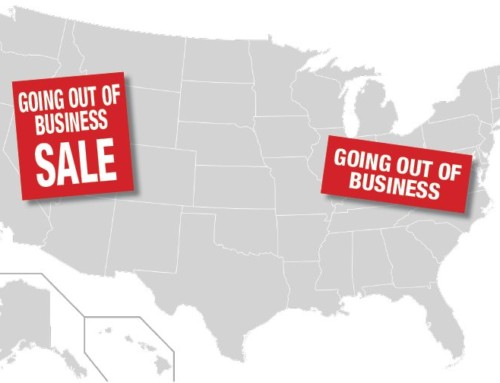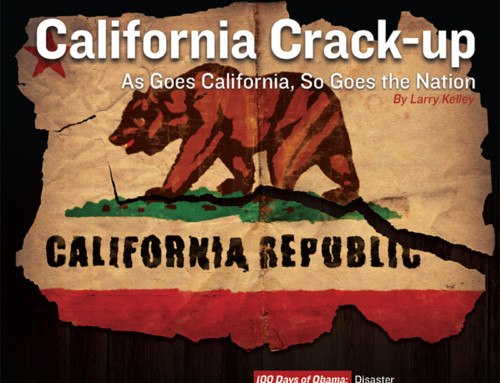Despite a projected $1 trillion deficit next year, President-elect Barack Obama has requested that Congress send him a $1 trillion stimulus bill by Jan. 20, so that he can immediately launch the New Deal II, putting people to work building infrastructure, roads, bridges, schools, transportation systems, green technologies, etc. In this, he seems to betray a belief in a pernicious myth, which holds that President Franklin D. Roosevelt’s New Deal ended the Great Depression. It did not. It deepened it and prolonged it.
Adjusted for inflation, the Dow Jones industrial average did not return to 1929 levels until 1955 — an entire generation lost. Due to FDR’s doubling-down on President Herbert Hoover’s economic blunders, the United States descended from a recession to a depression that lasted for over a decade — a depression where there was real hunger in the United States, where suicide rates rose dramatically and life expectancy dropped.
This New Deal myth is soundly debunked in “The Forgotten Man: A New History of the Great Depression,” by Amity Shlaes, a recent book praised by Obama’s own senior economic adviser, Paul Volcker. She begins with a tragic story of a 13-year-old Brooklyn boy, who hanged himself because he was too embarrassed to beg for food. The year was 1937, five years after Roosevelt was first elected president! Shlaes writes, “In the fall 1937, when the data came in, they showed that August had seen the steepest drop in industrial production ever recorded.”
In an effort similar to Obama’s stimulus plan, FDR created the Tennessee Valley Authority and the Works Progress Administration, but via the National Recovery Administration, his administration also championed an enormous amount of new regulations imposed upon virtually every major American industry—regulations primarily aimed at keeping wages artificially high.
Obama too has campaigned on creating new governmental agencies that will also impose vast new regulations on businesses and individuals. The first, he vows, will be new climate-change agency where he gains an FDR-like twofer—he creates a new federal department of permanent Democratic voters, and he imposes a morass of new environmental regulations and costs on American businesses and individuals. Unfortunately, this will mean hundreds of billions of dollars spent to fix a problem that is arguably not man-made, and that the United States can ill afford to address now.
Obama’s chief of staff, Rahm Emanuel, issued a proclamation that may well live in infamy: “You never want a serious crisis to go to waste.” This brazen acknowledgement of political opportunism from a fellow traveler of the Chicago political underworld may well become infamous if Obama doubles down in the style of FDR, and pushes the country toward a deeper, prolonged recession or worse, a full-blown depression.
Obama also wants to create a new health care agency modeled after a soon-to-be-bankrupt Medicare. So that his party does not overreach as it did when Hillary Rodham Clinton tried to reform the entire health care industry in 1993, the Obama plan incrementally will try to first move between 32 million and 52 million Americans from private insurance coverage to public overage, creating a new entitlement that can never be repealed. As with FDR’s New Deal, Obamacare will create a new government agency, paid for by all Americans. The forgotten man in FDR’s and in Obama’s spending calculations is the man from whom all the money will come. Government can regulate or force private companies to keep their wages high, but they can’t force companies or private individuals to invest. Government can collect workers to fill potholes or subsidize the manufacture of “green” cars or windmill farms, but the 535 members of Congress will never create an Apple Computer or a FedEx. While government has shown a tremendous ability to destroy wealth, with few exceptions, only the private sector is a reliable creator of wealth.
What is chilling to consider is that FDR won unprecedented third and fourth presidential terms, and not because he solved the country’s economic crisis. Quite the contrary. He made himself electorally unbeatable because he used the newly created government agencies and jobs programs as a means to game the political process, to create for himself new armies of dedicated Democratic voters. In the 1930s, the Social Security Act alone created 20 million dependent citizens who, once retired, would receive money from the government in perpetuity, and therefore would forever vote Democratic. It is chilling, because this is exactly what Obama’s chief of staff meant by never wanting to “waste a serious crisis.”
NOTE: This article appeared on page B-11 of the San Francisco Chronicle.



